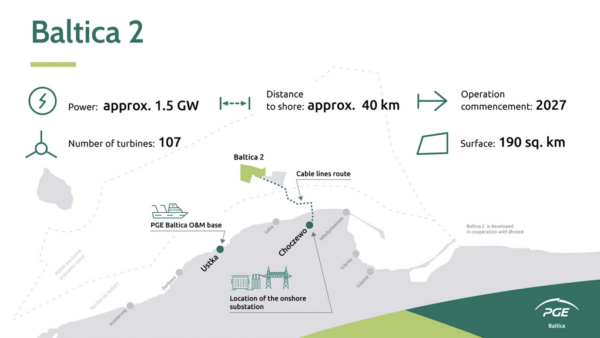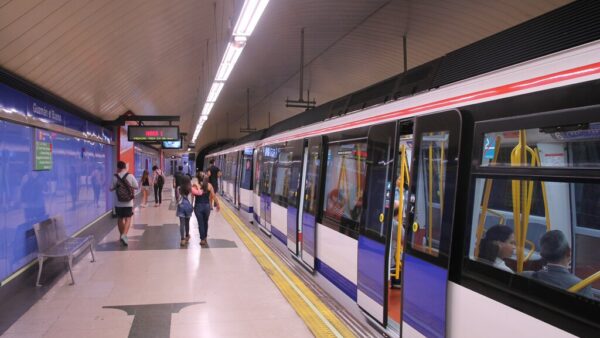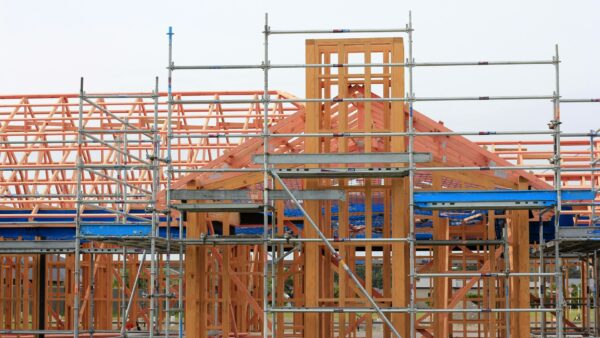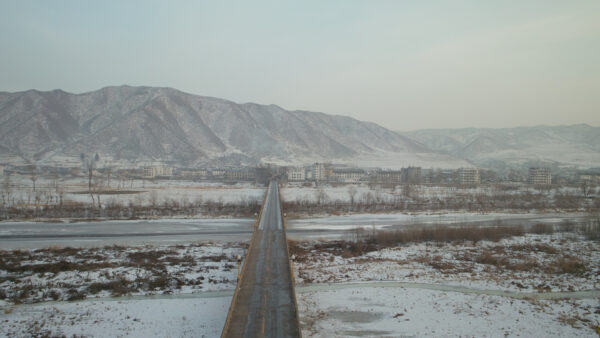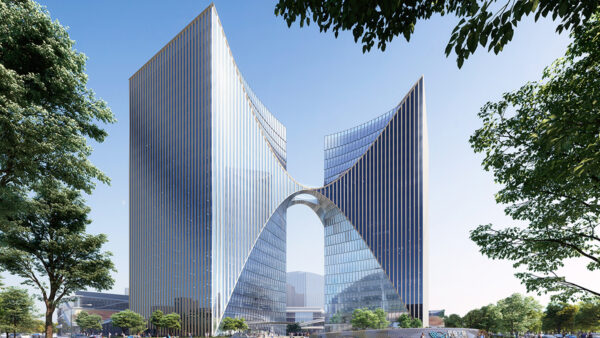Two Chinese companies have signed a “cooperation agreement” to build a fourth metro line in the Ukrainian capital of Kiev, following a similar announcement in May.
The agreement was signed in Kiev on 22 November by the city’s mayor and China Railway International Group, a subsidiary of China Railway Group, and the privately owned China Pacific Construction Group (CPCG).
Estimated to be worth around $2bn, the project would involve building a 20km line from the densely populated Troyeshchyna district on the east bank of the Dnieper River to the centre of Kiev on the west bank.
The line would have 13 stations, and is aimed at cutting congestion on the Moskovskyi Bridge (pictured). Â
“We have an understanding and a common desire to work together. I am confident that there will be a result, there will be a success, and this project will be implemented,” said Kiev mayor Vitali Klitschko, reports China Daily.
Although the funding for the scheme is not yet in place, the Chinese side said it sees the agreement as a gateway to Europe.
“Our two companies will now turn their attention to Europe and start building projects in line with the Belt and Road Initiative,” said Guo Qing, vice-chairman of CPGP.
The agreement this week follows a memorandum of understanding on the project signed in May.
It is not clear from reports whether this agreement is a binding contract or a further statement of intent. As GCR reported, a similar deal was announced in May by Chinese media, although then the cost estimate was $1.3bn.
China Daily reported that Kiev hopes to obtain concessional loans from Chinese financial institutions for 85% of the scheme’s costs.
Work would be expected to start at the end of 2018 and to finish within four years, the newspaper said, although such an ambitious timetable would be dependent on fast loan approvals at a time when China is tightening capital outflows from the country.
Kiev has three subway lines with a total length of 70km and a ridership of about 1.32 million passengers a day.
Image: The cable-stayed Moskovskyi Bridge was built in the seventies (Gutsul/Wikimedia Commons/CC BY-SA 3.0)





